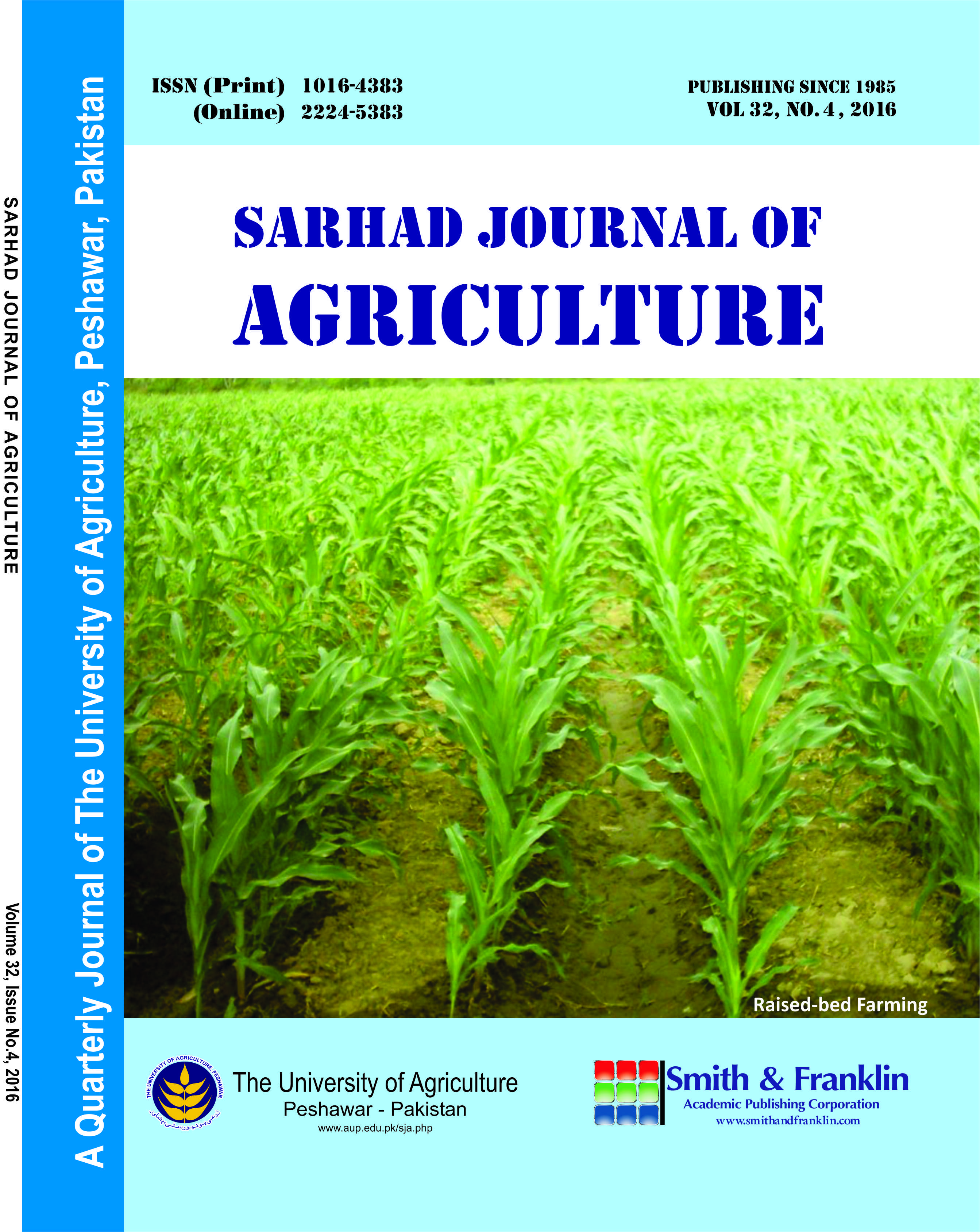Effects of Feeding Total Mixed Ration in the Growing and Fattening Periods on the Growth and Carcass Characteristics of Hanwoo Steers
Effects of Feeding Total Mixed Ration in the Growing and Fattening Periods on the Growth and Carcass Characteristics of Hanwoo Steers
Jong Ho Ahn1, Jang Hoon Choi1,2 and In Sik Nam1,3,*
ABSTRACT
Sixty Hanwoo steers of average weight and average age 6.5 months were raised until the age of 18 months (growing period, G) and from the age of 19 months to 30.85–31.52 months (fattening period, F). They were separately fed concentrate and forage (C) or total mixed ration (TMR, T) in the growing and fattening periods. The treatments were GCFC (Concentrate feeding in the growing and fattening periods), GCFT (Concentrate feeding in the growing period and TMR feeding in the fattening period), GTFC (TMR feeding in the growing period and concentrate feeding in the fattening period) and GTFT (TMR feeding in the growing and fattening periods) in a completely randomized design. Dry matter intake (p < 0.001) in the growing period was higher in the GCFC and GCFT groups than in the other groups, whereas DMI of TMR feeding (GCFT and GTFT) during fattening period increased by 3.3% (p < 0.001). The longissimus dorsi muscle area (LMA, 94.20 vs. 96.73 cm2) and back fat thickness (BFT 17.33 vs. 16.93 mm) were not significantly affected during fattening period among different treatments. Marbling score, which substantially affects meat quality, the GCFT and GTFT groups in the fattening period presented higher than the GTFC and GCFC groups. The incidence of C grade of meat yield was 33.3% with GCFC and GTFC) and 40.0% with GCFT and GTFT). The incidence of grade 1+ or higher meat quality was higher with (GCFT, 86.6%; GTFT, 73.3%) than (GCFC, 46.7%; GTFC, 66.6%) in the fattening period. In conclusion, feeding TMR to beef cattle has been shown to have a positive effect on productivity. Therefore, it is expected that TMR can help to improve the competitiveness of beef cattle farms.
To share on other social networks, click on any share button. What are these?








